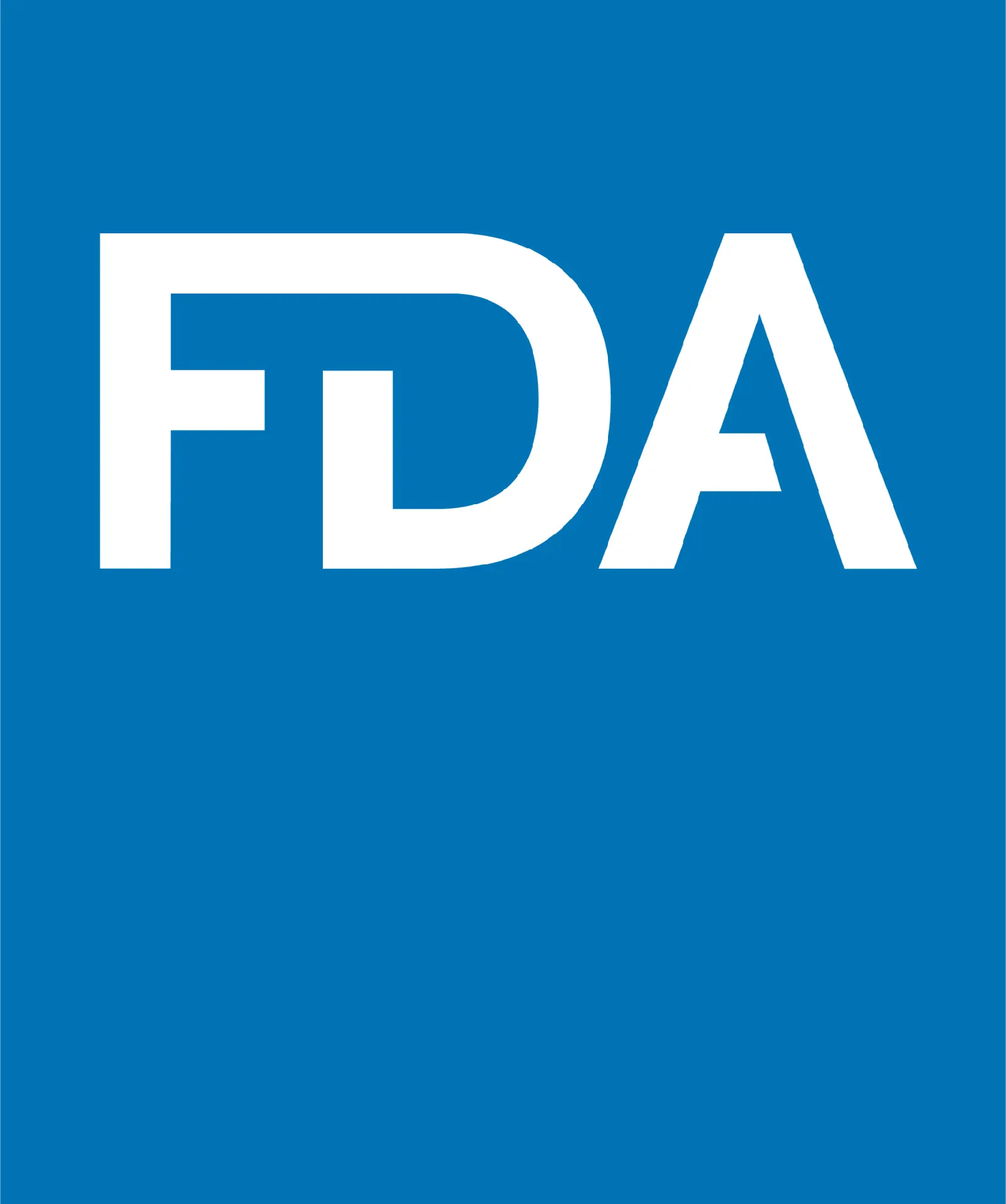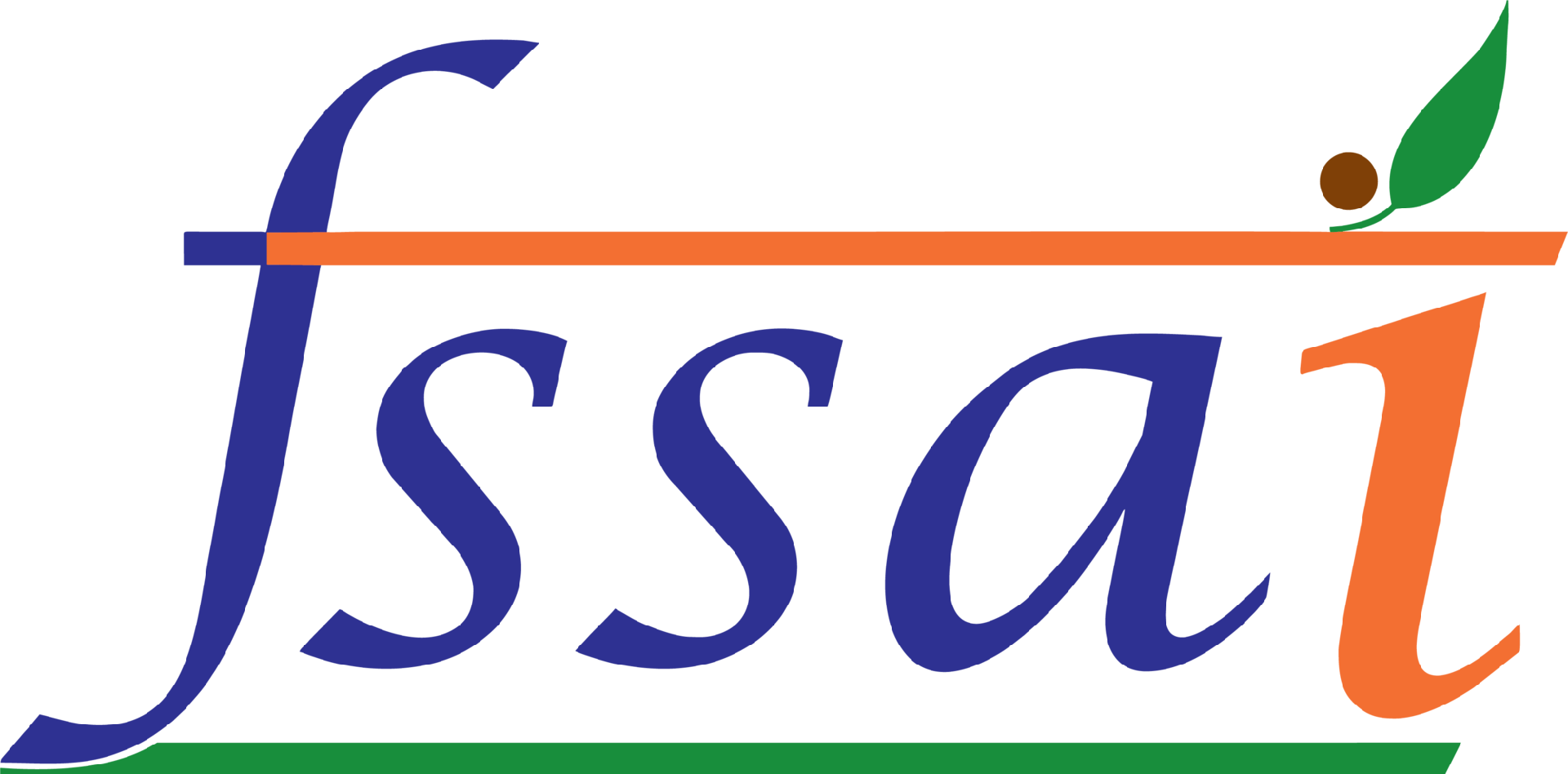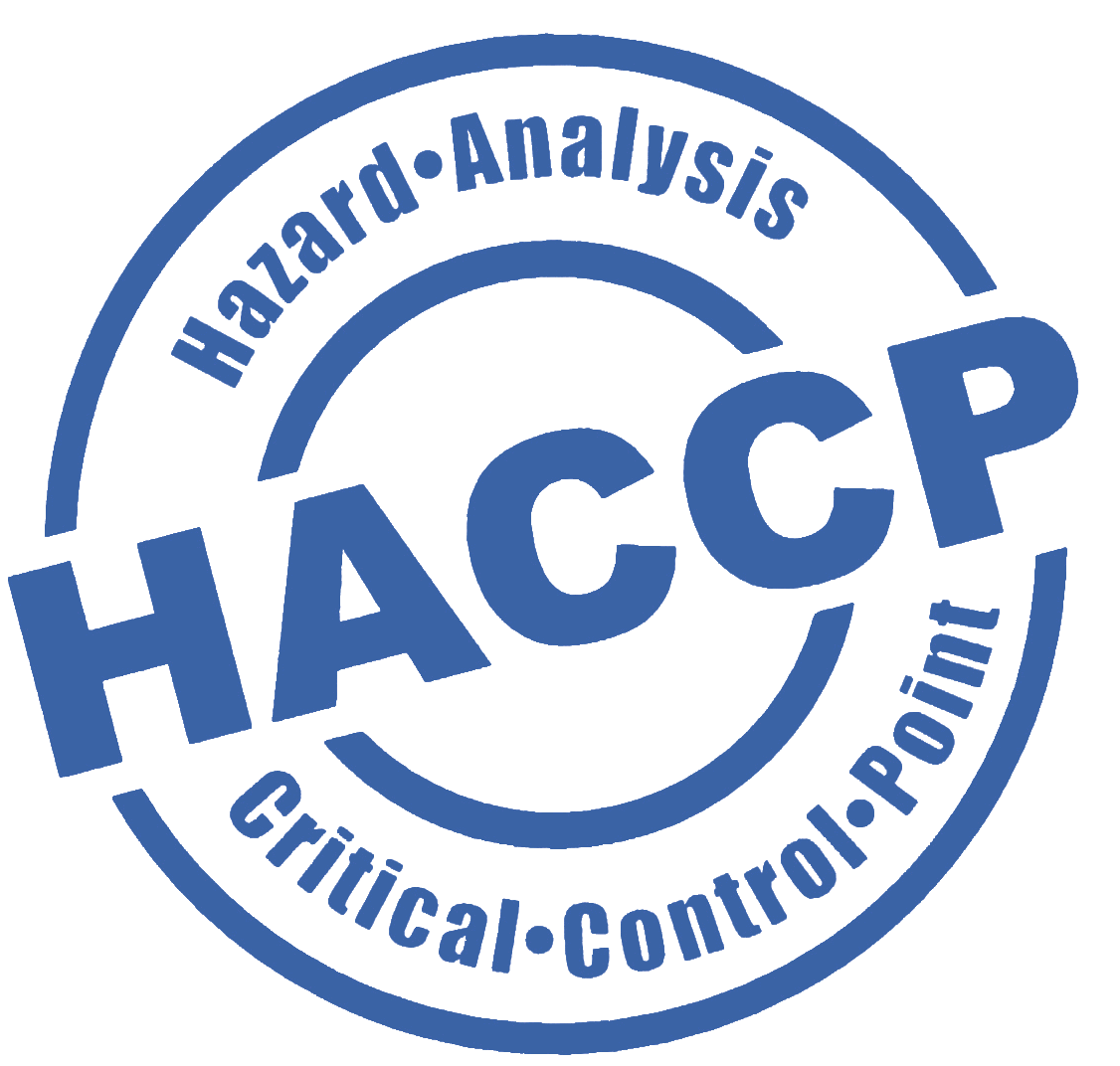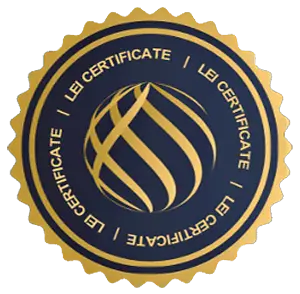Detailed Certification

FDA (U.S. Food and Drug Administration)
The U.S. Food and Drug Administration (FDA), established in 1906, is a federal agency under the Department of Health and Human Services. It regulates food, drugs, medical devices, cosmetics, and tobacco products to ensure safety, efficacy, and quality. Headquartered in Silver Spring, Maryland, the FDA employs over 17,000 people and operates through centers like the Center for Drug Evaluation and Research (CDER) and the Center for Food Safety and Applied Nutrition (CFSAN). It approves new drugs, inspects manufacturing facilities, monitors adverse events, and enforces recalls. The FDA’s budget, approximately $6.7 billion in 2023, supports its mission to protect public health.

FSSAI (Food Safety and Standards Authority of India)
The Food Safety and Standards Authority of India (FSSAI), established under the Food Safety and Standards Act, 2006, is a statutory body under the Ministry of Health and Family Welfare, Government of India. It regulates and ensures the safety and quality of food products in India. FSSAI sets science-based standards for food manufacturing, storage, distribution, and sale to ensure safe consumption. It issues licenses, conducts inspections, and enforces compliance among food business operators. FSSAI also promotes consumer awareness through campaigns like "Eat Right India." Headquartered in New Delhi, it operates through regional offices to safeguard public health.

Hazard Analysis & Critical Control Points (HACCP)
Hazard Analysis and Critical Control Points (HACCP) is a systematic, science-based approach to ensure food safety by identifying, evaluating, and controlling hazards throughout the food production process. Developed in the 1960s by NASA and Pillsbury, it focuses on preventing biological, chemical, and physical hazards rather than relying solely on end-product testing. HACCP involves seven principles: hazard analysis, identifying critical control points, setting critical limits, monitoring procedures, corrective actions, verification, and record-keeping. Widely adopted globally, it is mandatory for many food businesses, including in India under FSSAI regulations, to ensure safe, high-quality food production and consumer protection.

LEI ( Legal Entity Identifier )
The Legal Entity Identifier (LEI) is a 20-character alphanumeric code that uniquely identifies legal entities engaged in financial transactions globally. Established by the G20 in 2012 following the 2008 financial crisis, the LEI system, managed by the Global Legal Entity Identifier Foundation (GLEIF), enhances transparency in financial markets. It helps regulators and businesses track entities, reducing risks and improving data accuracy. Entities like companies, banks, and trusts obtain LEIs from accredited Local Operating Units (LOUs). In India, the Legal Entity Identifier India Ltd. (LEIL), under the Clearing Corporation of India, issues LEIs, mandatory for certain financial transactions.

Food Spice Board Of India
Food spice certification is essential to ensure the quality, safety, and authenticity of spices in the market. It helps prevent adulteration and contamination, protecting consumers from harmful substances. Certification also assures compliance with international food safety standards, facilitating trade and export opportunities for producers. By obtaining certification, spice producers can enhance their credibility and marketability, gaining consumer trust. Additionally, it promotes sustainable farming practices and ethical sourcing, contributing to environmental conservation. Overall, spice certification is crucial for maintaining high standards in the food industry, ensuring that consumers receive safe, high-quality products while supporting fair trade practices.

KOSHER
Kosher refers to food that complies with Jewish dietary laws, known as kashrut, derived from the Torah and detailed in the Talmud. These laws dictate which foods are permissible, their preparation, and consumption. Key rules include eating only animals with cloven hooves that chew cud (e.g., cows, not pigs), specific seafood (fish with fins and scales), and avoiding mixing meat with dairy. Ritual slaughter (shechita) ensures humane killing. Kosher certification, often marked by symbols like "OU" or "K," verifies compliance. Observant Jews follow these laws for spiritual and health reasons, with certification agencies ensuring adherence globally.




